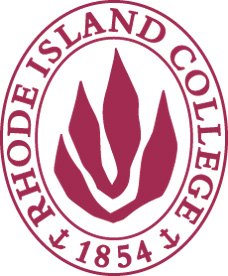Biographical/Historical Note
The Egypt Study Group (ESG) project was established at Rhode Island College (RIC) in 1977, with the objective to identify and develop an awareness of the role of Egypt in the Middle East and the modern world. To achieve this, group participants traveled to Egypt for research and data collection and developed K-12 instructional materials and college courses pertaining to this area.
The project was funded through the Fulbright-Hays Group Projects Abroad grant program. The successful proposal, titled The Arab Republic of Egypt: Role and Impact on the Middle East and the Modern World--A Multi-level Curriculum Development Project, was submitted in October 1977 by Dr. Gamal Zaki (Professor in the Department of Sociology/Social Welfare) and David C. Woolman (Librarian and Assistant Professor in RIC’s Curriculum Resource Center). RIC cooperated with the Rhode Island Department of Education and selected school districts to develop the project. The ESG was led by Dr. Zaki as Project Director, Mr. Woolman as Curriculum Coordinator, Ernest W. Drew III (Assistant Professor of Education at Henry Barnard School) as Program Coordinator, and Dr. Clyde Slicker (Professor of Education) as Learning Activity Packages (LAPs) Coordinator. The American Friends of the Middle East and the American University of Cairo served as consultants. Participants in the ESG included RIC faculty and teachers in Rhode Island schools.
From March to June 1978, ESG participants undertook research and orientation in preparation for development of instructional materials and travel in Egypt. The group traveled in Egypt from July 22 through August 1978, during which they attended lectures, met with government officials, visited cultural attractions, observed Egyptian life first-hand, and collected data and materials relevant to curriculum development. Upon return to Rhode Island, participants developed LAPs for various topics and grade levels, as well as a Source Book for Teachers. LAPs and associated materials were deposited in the Curriculum Resource Center and made available for teacher use. The group organized community and continuing education programs, including in-service training workshops held for teachers planning to use the LAPs.


